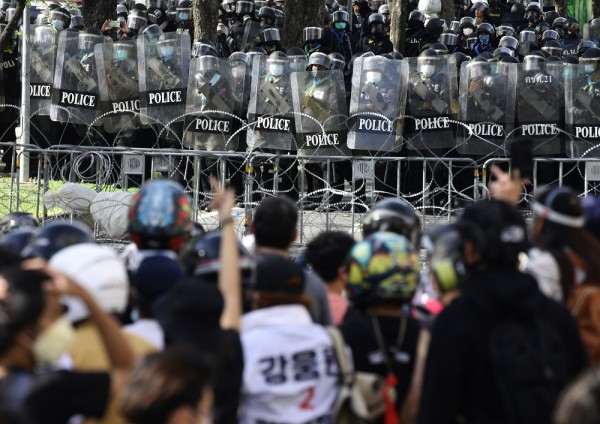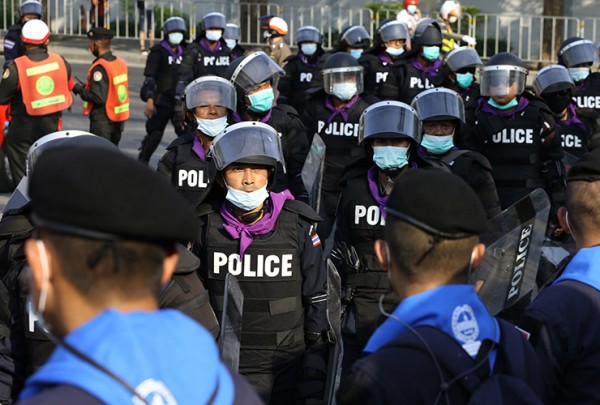A Reuters cameraman was among at least 21 people killed in clashes between anti-government protesters and security forces in Thailand’s capital, Bangkok, on Saturday.
Hiro Muramoto, 43, a Japanese national who had been employed with Reuters’ Tokyo bureau for the past fifteen years, was reporting on the violence that gripped Bangkok over the weekend, when he was shot in the chest by an unknown assailant.
According to Reuters, Muramoto was brought to hospital without a pulse. Protesters returned his camera to Reuters, and footage on the camera reportedly showed scenes of extreme violence in the streets of Bangkok, including the bodies of soldiers and protesters, and a trail of blood.
According to the report, one of the last frames on the camera contains footage of a third group of people, who appear to be neither protesters (dubbed ‘Red Shirts’, for the colour of their clothing) or military representatives, who typically wear army fatigues. This group of gunmen were wearing dark, civilian clothes and were armed.
Some parts of the footage can be seen in this clip. (WARNING: Graphic images)
The Thai government has talked of a ‘third front’ involved in the protests, but it is unclear who this group may be or what their political affiliations are, or even if they were involved in Muramoto’s shooting.
“It is possible”, said editor of Thailand’s Nation newspaper Thulsathit Taptim, when asked by IPI if he thought a third front could be involved. “Based on clips we have seen and information we have received, it is possible that some group using very heavy weapons against the army was involved.”
The Japanese government has called for an investigation into the killing.
Also on Saturday, a freelance photographer working for Australia’s ABC News, Winnai Ditthajorn, was admitted to hospital with a gunshot wound to his left leg. According to the editor of the Nation, his life is not in danger.
On Wednesday, Thai authorities blocked opposition TV broadcaster People TV, as well as several websites. The ‘Red Shirts’ overran an army blockade and stormed the building, forcing the government to reverse its earlier censorship, but on Saturday the channel was blocked again.
“People TV is still blocked,” said Taptim. “The government is still trying to block the main opposition media.”
Taptim described the situation in the capital as still being tense, but with no further reports of violence.
“Our thoughts are with Hiro Muramoto’s family and colleagues,” said IPI Press Freedom Manager Anthony Mills. “Courageous journalists like Mr. Muramoto knowingly place themselves in harm’s way to report the news, and to satisfy the right of citizens around the world to receive information. We call on the Thai government to investigate Muramoto’s killing, and those of all the victims of Saturday’s violence.”


